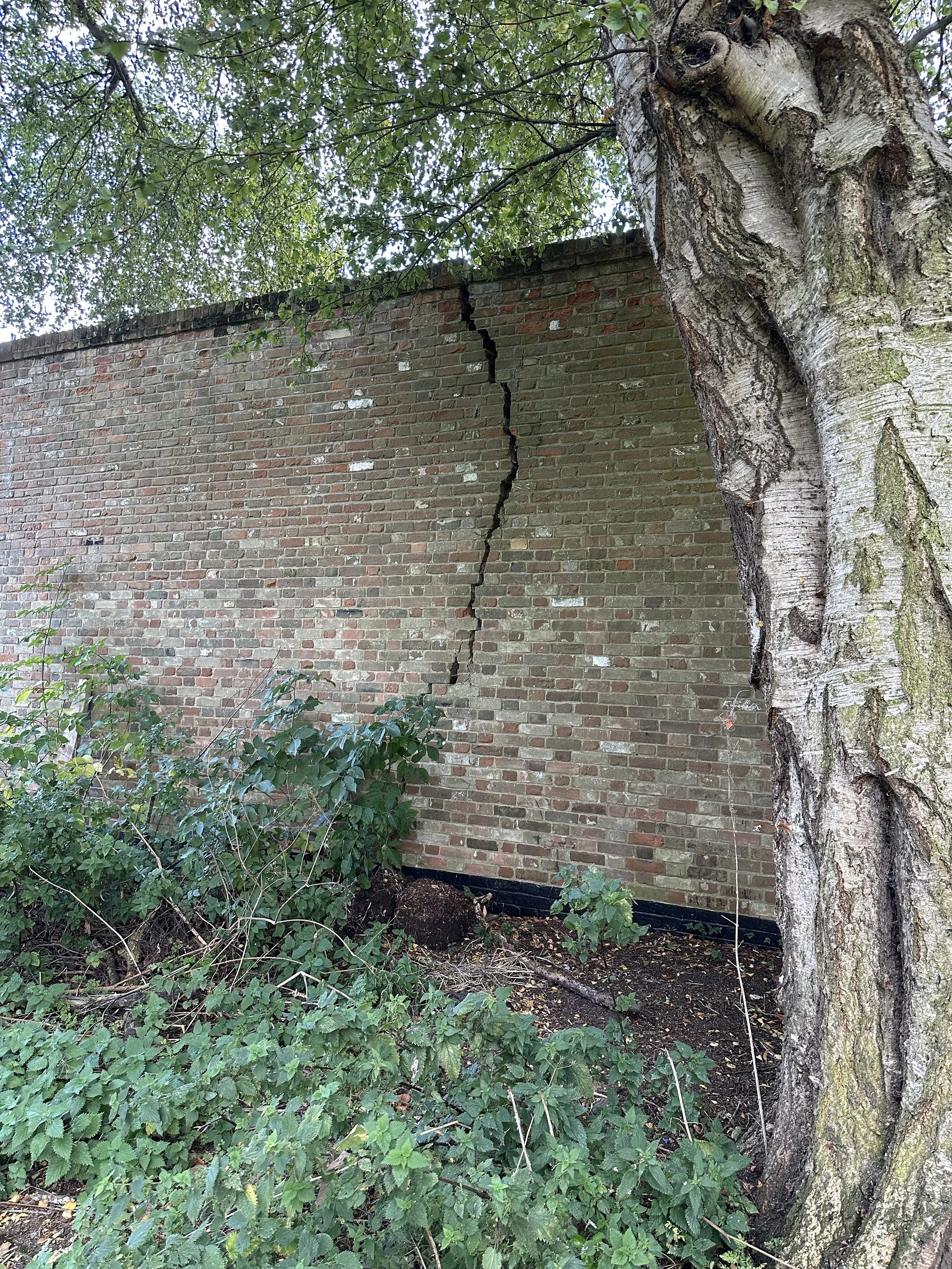A Key to the Quay: Unlocking Beccles’ Riverside Potential
In my last piece, Why Let Homes Stand Silent When They Could Hold the Key to Thriving Communities?, I explored the quiet signals of wasted potential — long grass, boarded windows, empty flats above shops. This time, I want to focus on one landmark example: a former fish restaurant on Beccles Quay, right beside one of the most loved riverside walks in East Anglia.
For decades, Loaves & Fishes was part of quay life — a place where families ate, couples celebrated, and locals gathered. Since its closure in the late 2000s, it has sat silent. Its cracked walls and darkened windows are less a sign of failure than a question waiting to be answered: what next?
From the outside, it’s still a prime site — steps from the water, with what appears to be its own mooring. Inside, it’s quiet and timeworn. A visible crack runs down one wall, hinting that any future project would need proper structural assessment. Perhaps that — or tangled probate, or other legal complexities — has slowed its next chapter. Whatever the reason, this building remains a blank page in a lively riverside scene.
A place crying out for imagination
We could wait for a developer to swoop in. We could hope for another food venture to gamble on the site. Or we could watch it sit in limbo for another decade. But what if Beccles dared to do something different — to turn this empty property into a live experiment for the next generation?
Imagine the Loaves & Fishes reborn not as a single business, but as a training ground for many futures.
Its walls patched and plastered by young tradespeople learning their craft.
Its kitchen filled with apprentices baking, butchering, cooking, and serving.
Its upper rooms buzzing with students and young entrepreneurs — 3D printing products, crafting goods, or learning to market and sell their creations to real customers.
This isn’t about youth clubs or token projects.
It’s about real enterprise — supported by local mentors, sponsored by businesses, and overseen with professional guidance.
A place where young people don’t just “get kept off the streets,” but learn how to build a livelihood and a community — brick by brick, skill by skill.
And why stop there?
Link with secondary schools so 11+ students can try their hand at real enterprise early.
Partner with SEN outlets — the Asperger’s shop already has a small workshop in town — and invite groups like the Men’s Shed on the common to help mentor and guide.
Beccles could lead by example, showing what inclusion and enterprise look like in action.
Why this matters
Projects like this don’t just fill space — they ripple outward.
Local businesses spot talent early. Families have another reason to visit town. A dead frontage becomes a beacon of energy.
It’s regeneration that pays back in jobs, skills and pride, not just rents and yields.
And this isn’t about opposing development. Thoughtful, well-planned new building matters too. But right now, the easier money flows to out-of-town service hubs like the Gillingham development — planned, approved and built in what feels like no time at all. Meanwhile, heritage sites like the Loaves & Fishes stagnate because the process of bringing them back to life is slower, riskier and less incentivised.
Pride in Place — hope or headline?
The government’s new Pride in Place scheme promises funding to revitalise town centres. But so far, the details are thin. We’re told local approval will be key — but who decides, and how do projects like the Loaves & Fishes prove their worth? If funding criteria stay narrow or political, buildings like this risk falling through the cracks again.
This is exactly the type of site the scheme should help: community-minded reuse of a long-empty property that’s too small or messy to tempt large developers but too important to leave derelict. Whether the scheme reaches projects like this — or gets lost in bureaucracy — remains to be seen. I’ll be following it closely.
Closing thought
The empties on our quaysides and high streets aren’t mysteries.
They’re mirrors — reflecting where opportunity is being missed and where it could be found.
If a small market town like Beccles, with its heritage and community spirit, can’t find the will and imagination to unlock sites like the Loaves & Fishes, then where can?
What we do with our empties will say more about us than any glossy new development ever could.
About the author
Kevin Phillips has spent over 40 years in building, design and refurbishment. No longer on the tools, he now works through The Home Blueprint Ltd as an independent facilitator — helping property owners, councils and communities unlock the potential in empty or underused buildings. His focus: clear options, reduced risk, and design-led solutions that protect the client’s interests.


